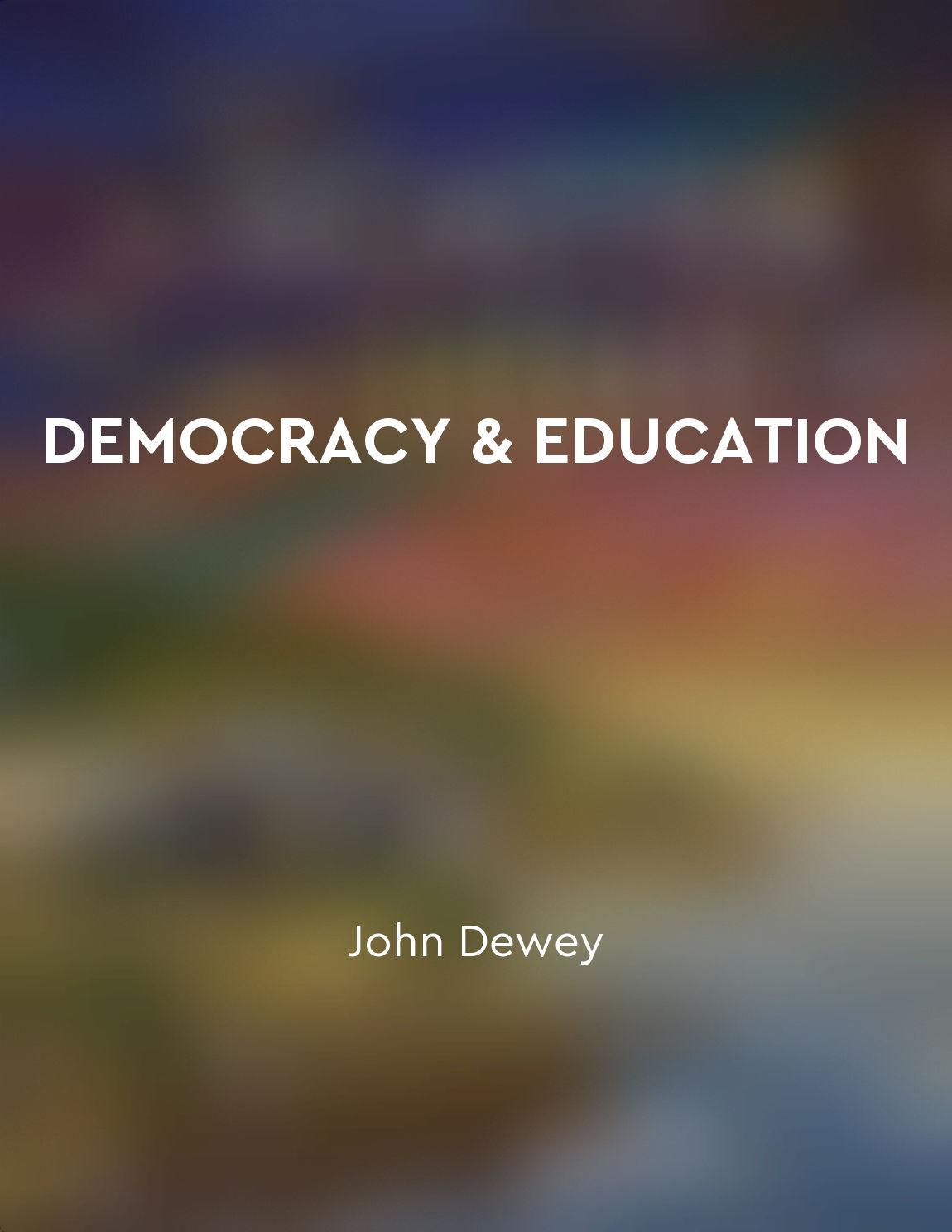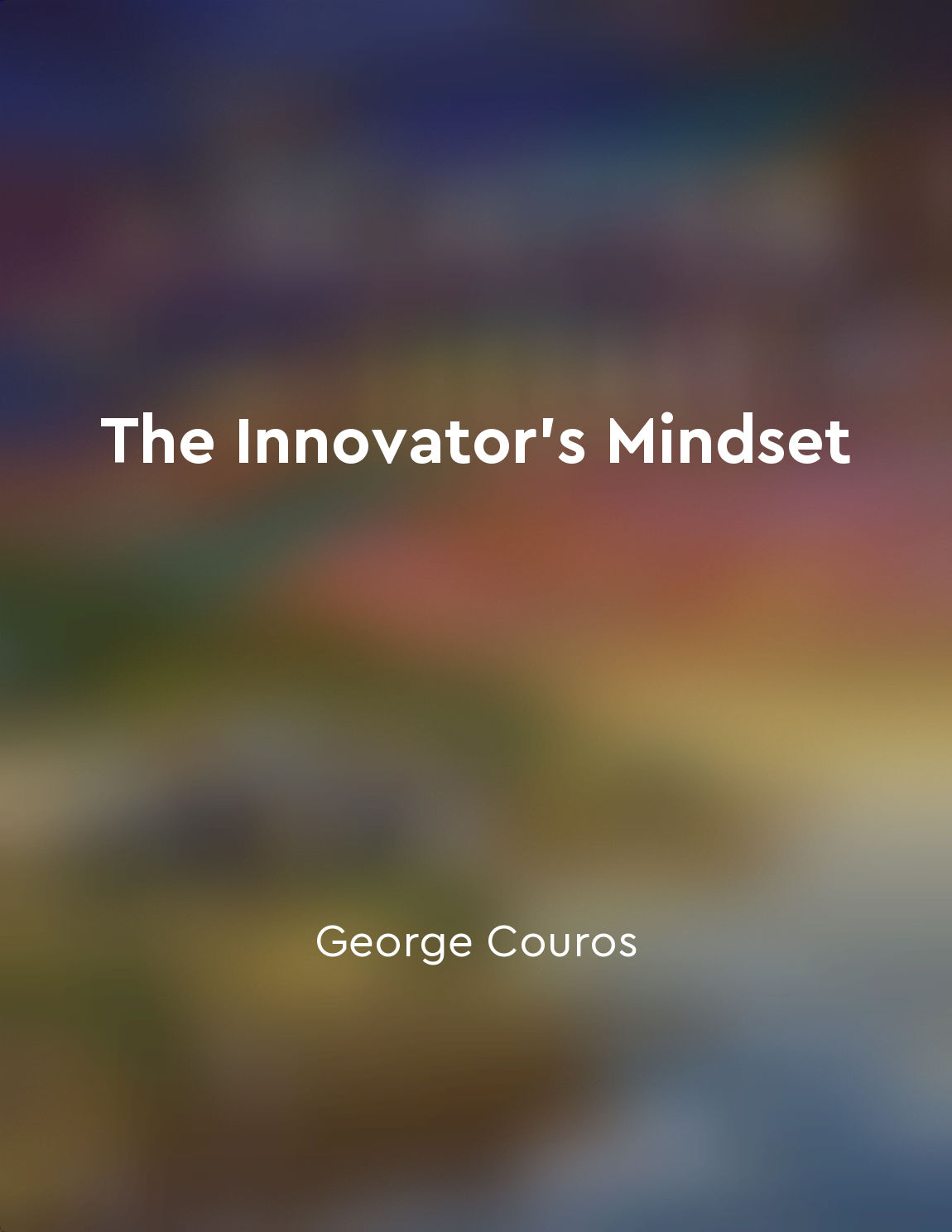Audio available in app
Educational policies impact power dynamics within schools from "summary" of Education and Power by Michael W. Apple
The ways in which educational policies influence power relationships within schools are complex and multifaceted. These policies are not neutral; rather, they reflect and perpetuate existing power structures and hierarchies. They shape the distribution of resources, opportunities, and rewards within educational institutions, often privileging certain groups while marginalizing others. This unequal distribution of power can have far-reaching consequences for students, teachers, and communities. Educational policies can reinforce existing social inequalities by reproducing dominant cultural norms and values. For example, curriculum standards may prioritize the knowledge and experiences of dominant social groups, while marginalizing the perspectives of marginalized communities. This can create a sense of alienation and disempowerment among students whose identities and experiences are not reflected in the curriculum. Furthermore, standardized testing and accountability measures can perpetuate inequalities by penalizing schools and teachers serving disadvantaged communities. At the same time, educational policies can also be a site of struggle and resistance. Teachers, students, and communities can challenge and disrupt dominant power dynamics through activism, advocacy, and organizing. By demanding more equitable and inclusive policies, they can push back against systems of oppression and create more just and democratic educational institutions. This resistance can take many forms, from grassroots organizing to legal challenges to policy advocacy. Through these efforts, marginalized groups can assert their agency and demand recognition and respect. In order to understand the ways in which educational policies impact power dynamics within schools, it is important to consider the broader social, political, and economic contexts in which these policies are formulated and implemented. These policies do not exist in isolation; rather, they are shaped by broader power relationships and ideologies. By examining the underlying assumptions and values embedded in educational policies, we can better understand how they influence power dynamics within schools.- Educational policies play a crucial role in shaping power relationships within schools. By analyzing these policies through a critical lens, we can uncover the ways in which they reflect and reproduce existing inequalities. At the same time, we can also identify opportunities for resistance and transformation. By challenging dominant power dynamics and advocating for more equitable policies, we can work towards creating more just and inclusive educational institutions.
Similar Posts

Promoting equality
Promoting equality requires creating and sustaining policies that reduce discrimination against any racial group. To be antirac...
The influence of professors extends beyond the classroom
Professors have a unique and powerful influence on students that extends far beyond the confines of the classroom. Their impact...
The influence of the elite extends into the realm of social change initiatives
The wealthy and powerful have always had a hand in shaping society. They are often seen as the ones who hold the key to progres...
True feminism includes advocating for all women, especially those most marginalized
Feminism is often portrayed as a movement solely focused on the advancement of privileged women, neglecting the struggles faced...
Corruption thrives in environments where power is abused
The insidious phenomenon of corruption is like a parasite that feeds on the abuse of power. When individuals in positions of au...
Reflections challenge us to see beyond the surface
Reflections, like mirrors, have the power to show us more than what meets the eye. They compel us to look beyond the surface, t...
Society is becoming increasingly intolerant of differing opinions
Richard Bernstein argues that modern society is experiencing a troubling trend towards intolerance of differing opinions. This ...

Education should foster creativity
In order to truly fulfill its purpose, education must go beyond mere transmission of information and rote memorization. Educati...
STEM education gained prominence
STEM education gained prominence in the United States during the late 20th and early 21st centuries. This emphasis on Science, ...

Think beyond boundaries
Thinking beyond boundaries is not about ignoring limitations; it is about finding creative solutions that push past those limit...

